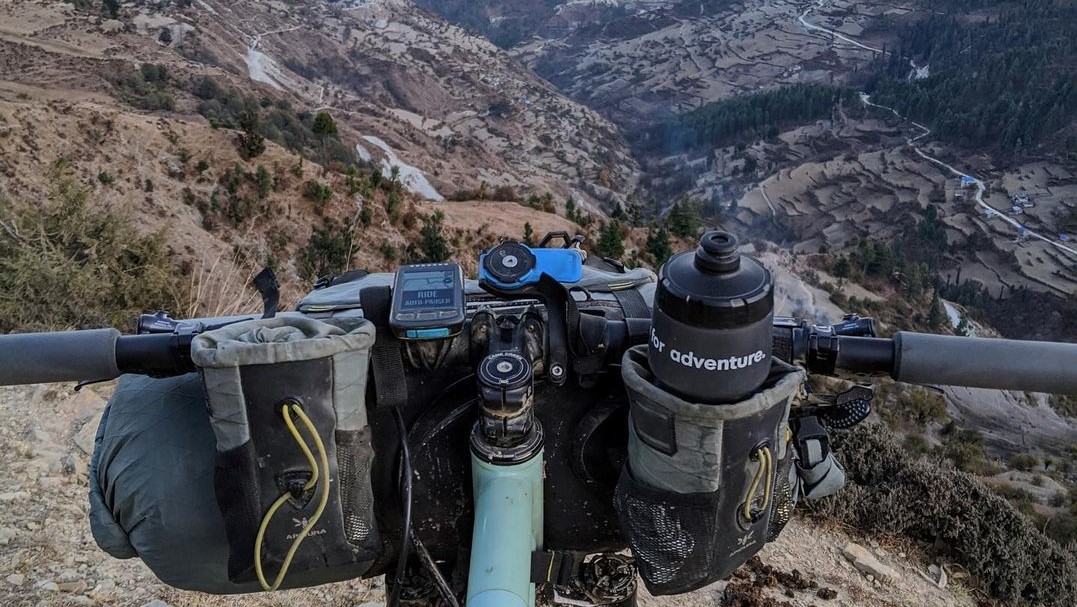Women in the Wilderness: breaking barriers and taking it further on two wheels
Proving that ultra racing and bikepacking isn't just safe for women, it's a lot of fun too
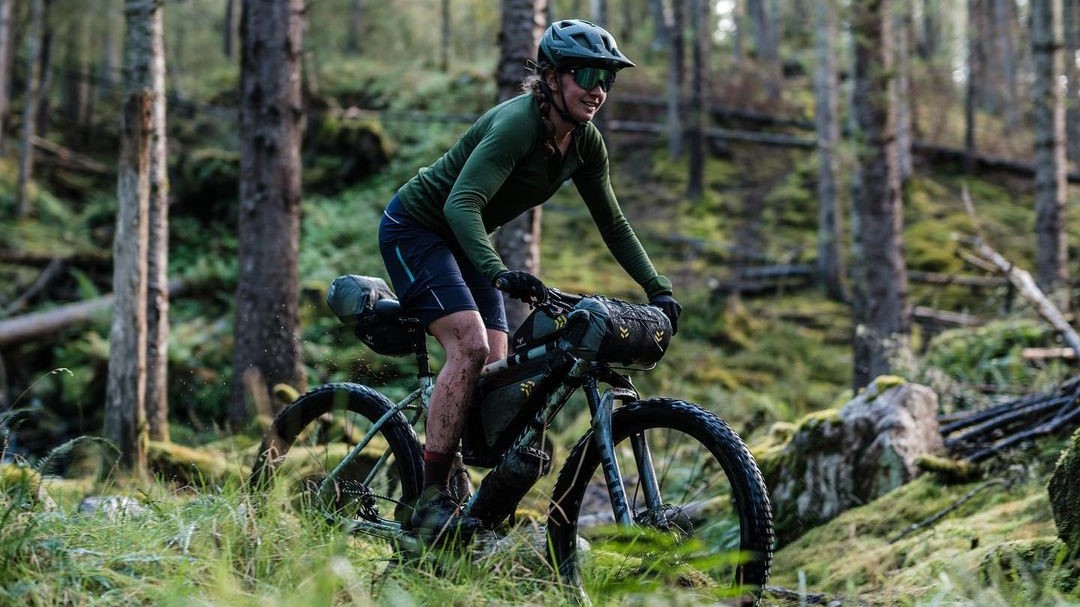
Like with many areas of the sport, women are still largely under-represented in bikepacking and ultra racing, however there is a growing number of women who are strapping their kit to their bikes and heading into the wild.
Ask most women who have never done a bikepacking trip what their biggest concern would be about completing one, and the answer would overwhelmingly be fear. Fear for their safety, fear of failure, fear of getting things wrong, of not having, or doing the right things.
Many women who are already established bikepackers, however, will give a different answer. For them, risk is just an occupational hazard, and they rarely think much of it.
- What is bikepacking? The ultimate guide
- Bikepacking essentials: Our tips to get ready for a bikepacking adventure
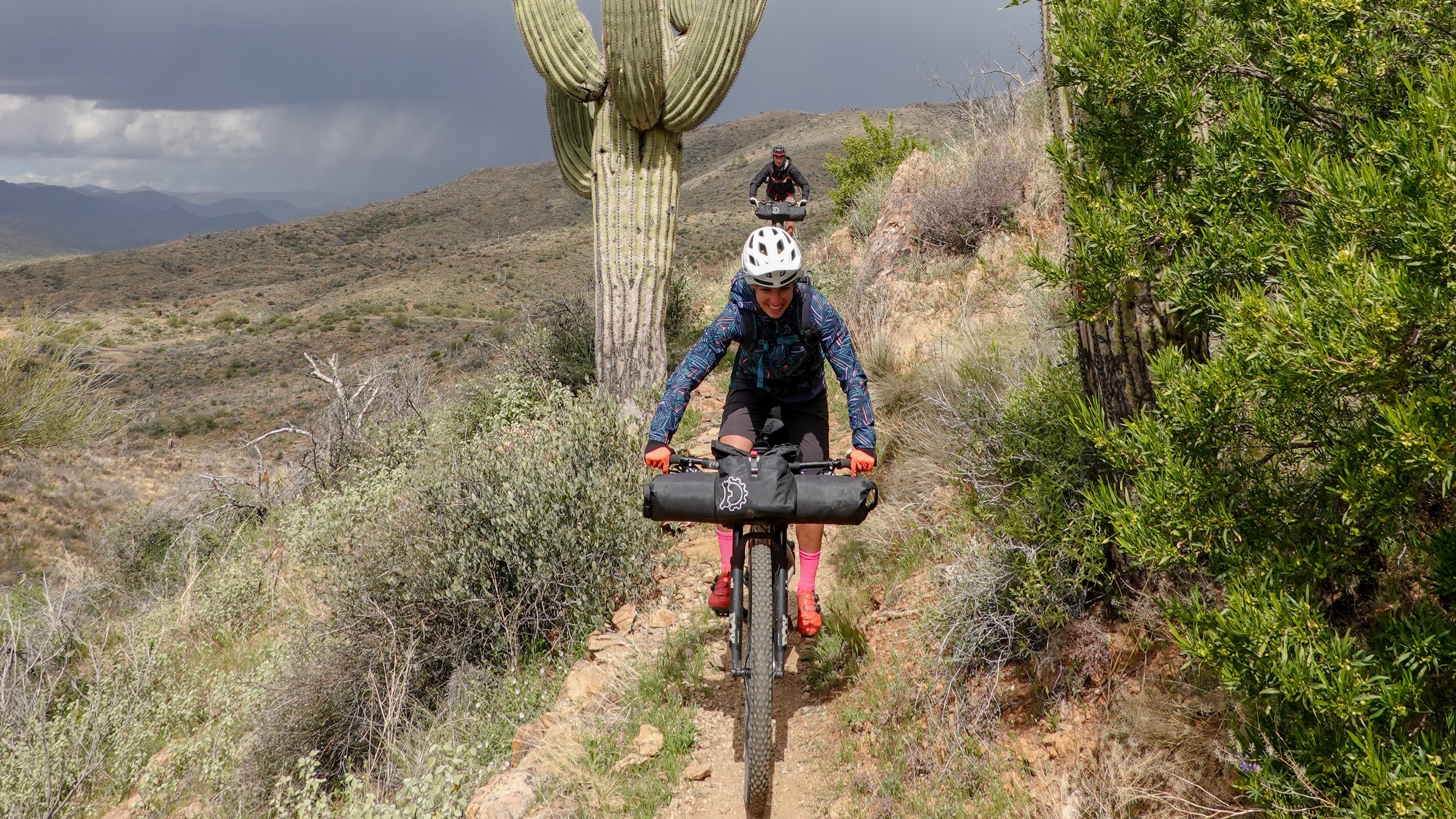
“All the women who are in this community are the worst people to ask because whatever the barriers were, we obviously didn't see them and we just went and signed up anyway,” says Jenny Tough, long-time adventurer and first female at the Atlas Mountain Race in 2020.
Lael Wilcox — perhaps the most famous figure in bikepacking and ultra racing, who has broken myriad records and won races outright — believes the issue isn’t gendered, “I think it's very natural for people to feel on edge riding through the dark,” she says, “but I think that's everybody. I don't think that's specific to women.”
Those who race ultra bikepacking events — which usually require riding through the night and sleeping in the open in a bivvy bag — might not see a problem, but mountain bike racer turned bikepacker, Sarah Sturm, definitely does. “I've never bikepacked alone,” she says, “I'm a pretty cautious person, and I do bikepacking for fun, and camping alone just has really never appealed to me. So I go with friends.”
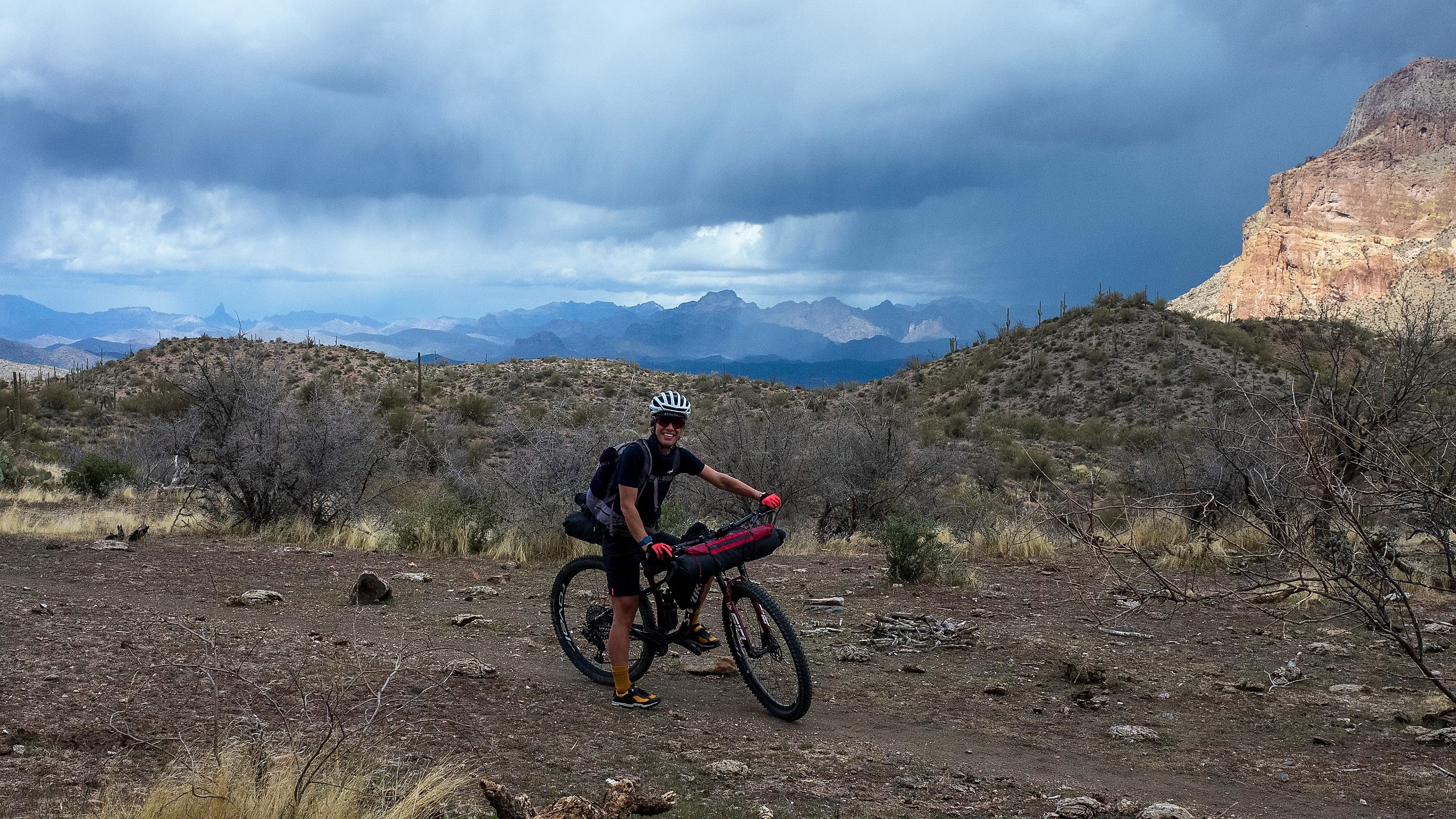
Although there is a social element to Sturm’s preference for company, (“I'm way too extroverted”) it is also a practical decision, “I don't even like car camping alone, it's just not fun, I’m scared at every noise.” she says.
Dutch artist-cum-bikepacker Quinda Verheul — who also took part in the inaugural Atlas Mountain Race — empathizes with any reticence women might feel when approaching bikepacking, “I think, men in general would not question themselves if they could do it,” she says. “And then women would just wonder or be a bit more self-aware that they might not be strong enough or are more aware of the hazards that are in the way.”
Sturm agrees, “women are really, really hard on ourselves,” she says. “Whereas, the general male attitude is, 'oh yeah I can do that. I think that if women just give themselves an opportunity to try it, or there's a welcoming event for women [they would join] but sometimes women don't feel like it's going to be fun, if there's judgement.”
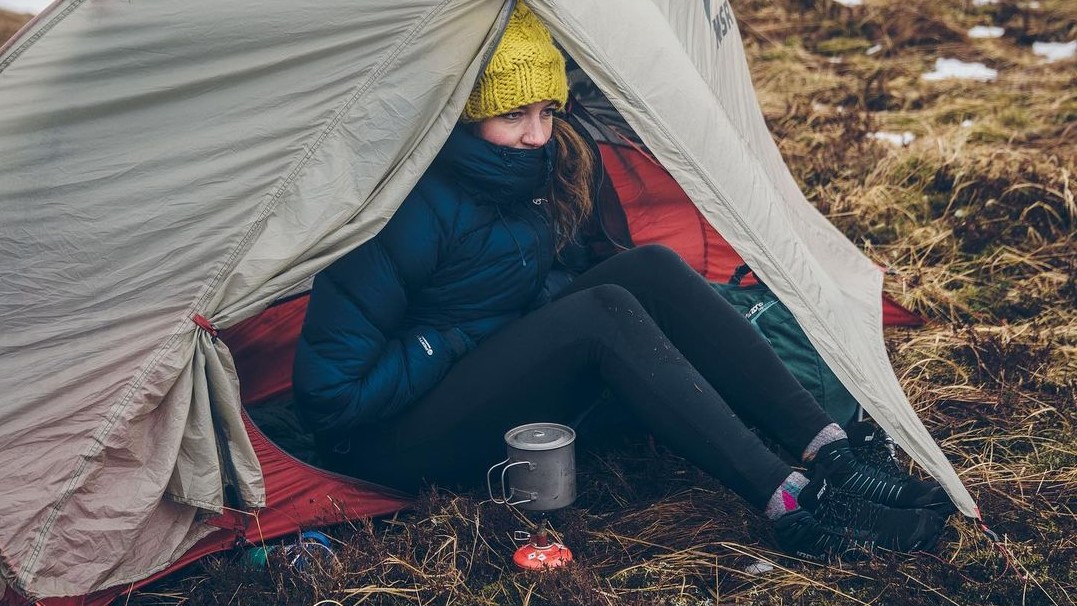
- Best bikepacking bags: carry your gear and supplies with ease
- Best bikepacking saddles: comfy saddles for multi-day adventures
Sturm has taken plenty of bikepacking trips of varying lengths and arduousness, but she has never entered a bikepacking race. “I really thought about the reasons that I bikepack on this last trip, just because ultra racing is getting really trendy,” she says. “And I was like, ‘should I be doing this?’ But I don't think that sounds fun to me.” The overriding appeal for her is the combination of both the physical and social element, “for sure it’s the challenge, but sometimes it's just to meet new people and camp outside a couple nights and drink coffee in the morning,” she says.
There are plenty who would relate to Sturm’s approach. However with ultra-racing becoming increasingly popular, women — despite many female cyclists and runners increasingly winning these events outright — are still underrepresented at events.
“I think more visibility of women helps,” says Verheul. “Because if you see films, or if you see in general, outdoor bike stuff is often [dominated by] men and if you have more women represented there, I think it feels more normalized and more accessible.”
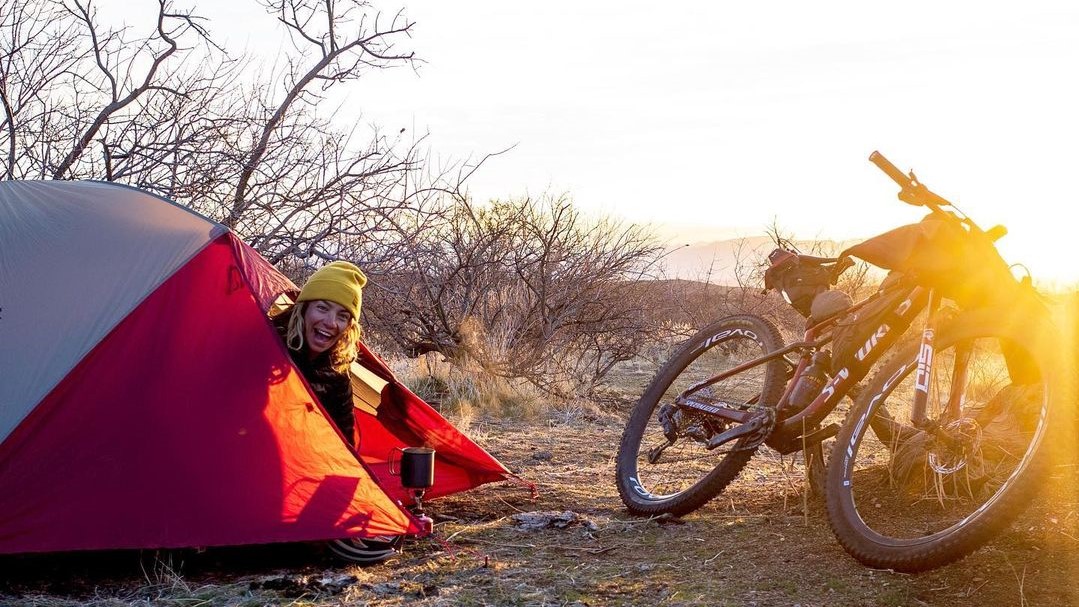
The adage ‘if you can’t see it, you can’t be it’ is an especially thorny topic for Wilcox, “I think the best way to get these stories out is through media, through videos, through storytelling, through articles, there just aren't that many,” she says. “But the sad thing for me about that is that I've dealt with a lot of backlash about trying to tell these stories.”
The ‘backlash’ in question occurred when Wilcox came up against resistance while racing the Tour Divide in 2019. Her girlfriend, professional videographer Rue Kaladyte, was due to follow Wilcox’s race with a film crew, but the race organizers wouldn’t allow Kaladyte to be around Wilcox, and made her and the rest of the film crew wear trackers to ensure they weren’t assisting Wilcox on the self-supported route. Wilcox was also the only rider told that she could not use her phone. All of this is captured in the short film I Just Want to Ride which was eventually produced from the event.
“It's a second level barrier of not only are no women showing up in the first place, but if you try to encourage others, then you're doing something wrong, too,” Wilcox says. “If these races aren't documented, then nobody really gets to relate to them.”
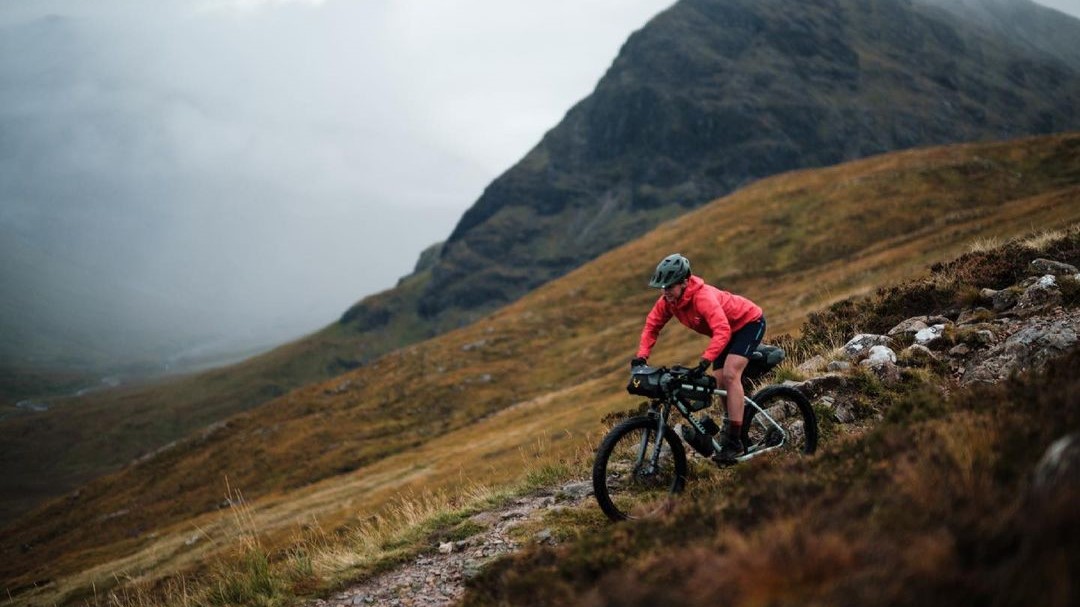
Given that the vast majority of the organizers of bikepacking events are men, it’s unsurprising that women don’t feel represented or might come up against problems that haven’t been accounted for by male organizers. Before participating in the Atlas Mountain Race, Tough — who had traveled to Morocco before for a running event— recalls highlighting to the organizer some issues that women might encounter in the predominantly Muslim country.
“Up to that point, he [the organizer] had been spending weeks working with the police there to try and explain the concept of this race to them,” she says. “And they had never raised the issue of women in the race because them being all men hadn't even thought about what this is going to be like with having women coming and doing sports.”
Although she is still in the minority, one of the most prominent and well-known bikepacking races, the Transcontinental, is, in fact, run by a woman. Anna Haslock took over the Transcontinental after the tragic death of the original organizer, her partner, Mike Hall. The most recent overall winner of the race, in 2019, was a woman, 25-year-old doctor Fiona Kolbinger but the event still struggles to attract enough participation from women. In February, the race put out a Tweet calling for applications from “women, womxn and people of color” for this year’s event.
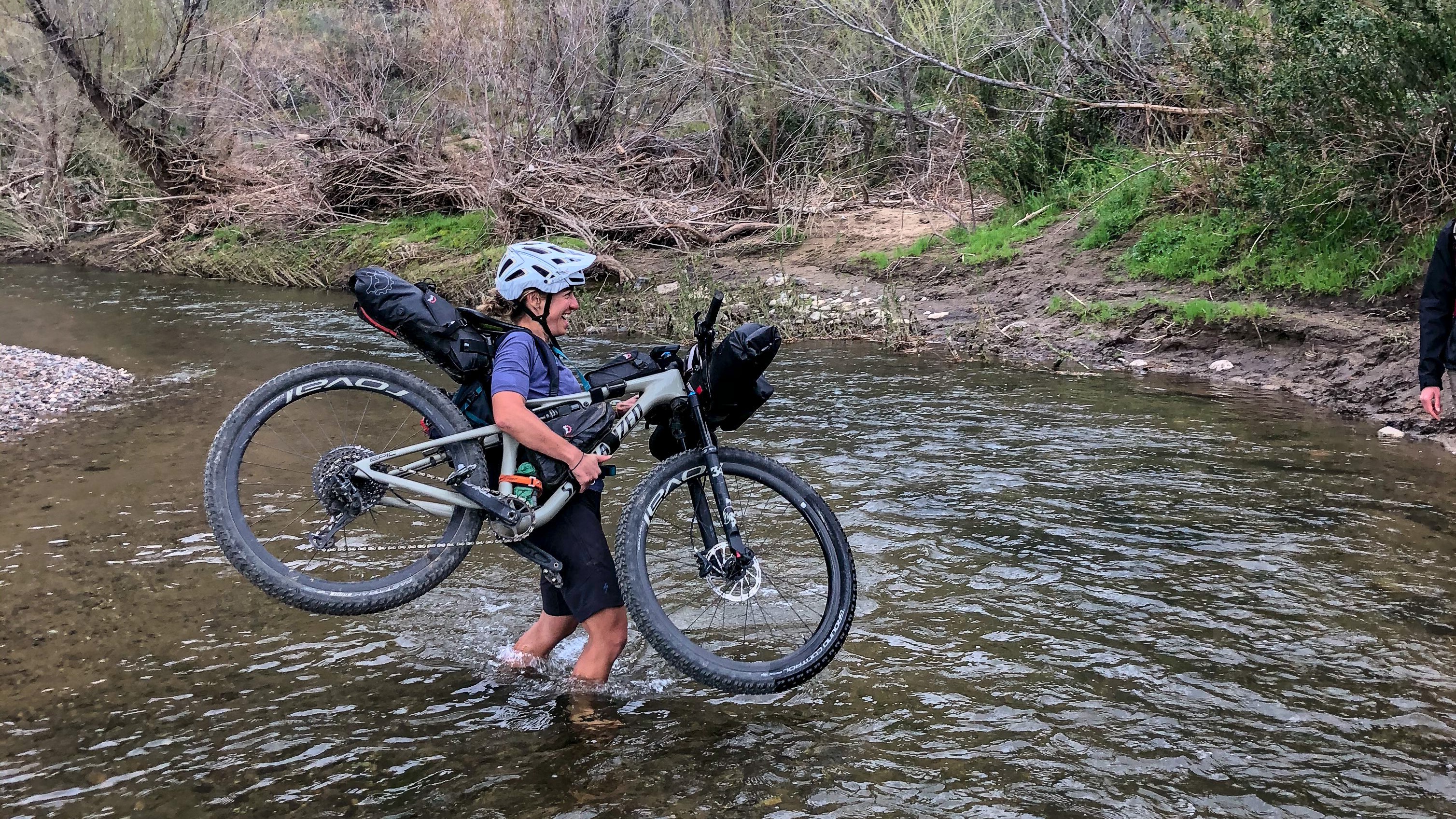
Like the riders, Haslock believes the key to encouraging more female entries is exposure, “it's just getting the race in front of more women or enough women seeing the race and enough women [being] aware that this exists and what it can give you,” she says.
However, she faces backlash on the event’s Facebook group for the TCR’s practice of prioritizing places for women in the race, “every year, in January, when we announce the results, it's not the nicest place to be for a while with people arguing and people kicking off,” she says. “It's just par for the course, anybody who sticks their head above the parapet even a tiny bit to make a tiny gesture, or a step towards more equality, somebody is going to try and take a pot shot and there's nothing you can do, you just have to accept it.”
She is keen to point out, however, that such people are in the minority, and that the community at large is “so important. And being welcoming to everyone is part of that,” she says, “because imagine if Fiona hadn't felt welcome enough, to join the race, we'd never have learned about her. One of the reasons that I do this is because of the community.”
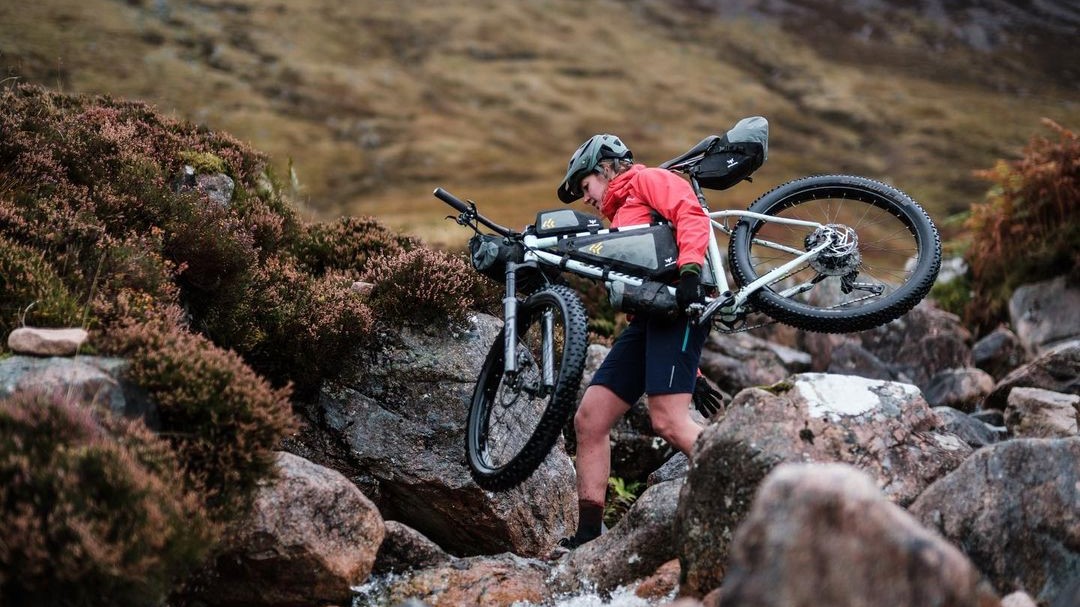
Despite would-be racers directing online vitriol towards organizers, they continue to try and be more inclusive to women, says Tough. “I know they're [organizers] all really worried, mainly because they get a lot of hate on social media for how few women they get in the races,” she says. “So they always corner me and ask me, 'what am I going to do? Did you feel unsafe?' So they do ask, they are concerned.”
All are keen to show more female riders that they are capable of bikepacking, either through events or just trips. For Verheul, compared to a road scene that can oftentimes feel “overwhelming”, bikepacking, “is still a lot of steps, but at the same time, it feels like it's just a bunch of dudes that love riding bikes, and whatever you want to bring you try to strap it on your bike and go for it,” she says.
Sturm is also keen to emphasize how accessible bikepacking is. “You can literally strap your sleeping bag to your bars,” she says. “You could tie it with a shoelace, if you don't have anything.” She recounts going on a trip with her boyfriend and her dog just two kilometres from home, “I just wanted to see how accessible bikepacking could be because you could get crazy with it on the opposite end of the spectrum.”
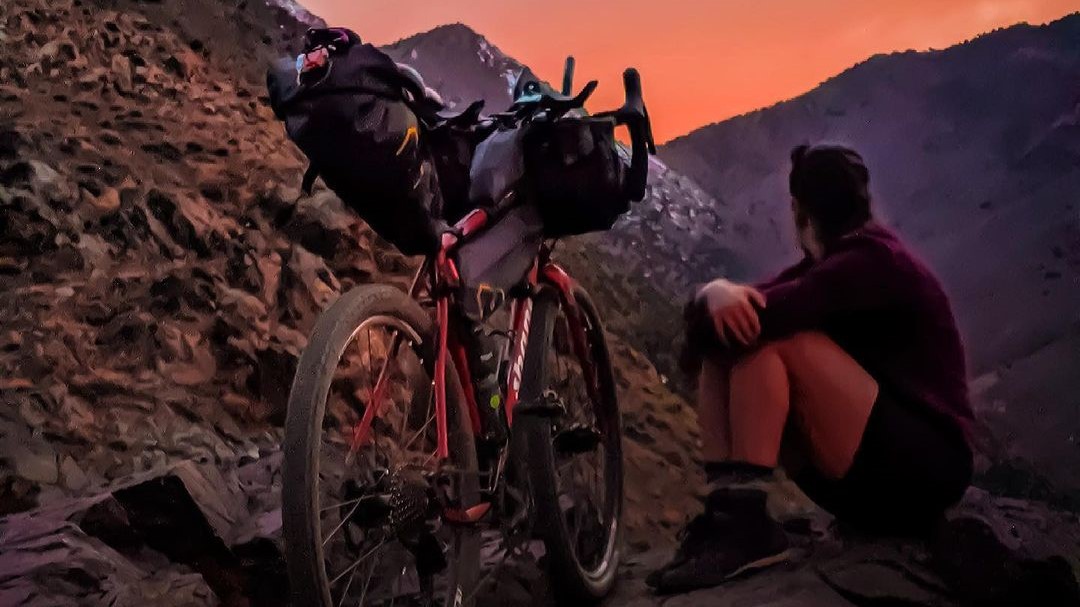
“You can get custom gear, the lightest everything. ultralight packing, bring the dehydrated food, or you could stop at your local taco shop, pick up a burrito, throw it in your backpack, make sure you have some water and just stay outside for the night,” she says. “You can take anything to the ultra level but I think it's important to just ask yourself what experience you want to have,” she adds.
Haslock is also keen to show women that if they want to start bikepacking, they can: “talking to those people [female riders] and showing that they're ordinary human beings, and that it's possible, and that we can all do it if we want to. I'm sure if more women knew about it, more women would be interested.”
Sturm agrees, “there is no difference between the people that do it, and those who want to try it, other than just stepping out the door and doing it.”
Tough offers this advice to any would-be women bikepackers: “you're tougher than you think, you are going to hit a lot of challenges, but you're capable.”
